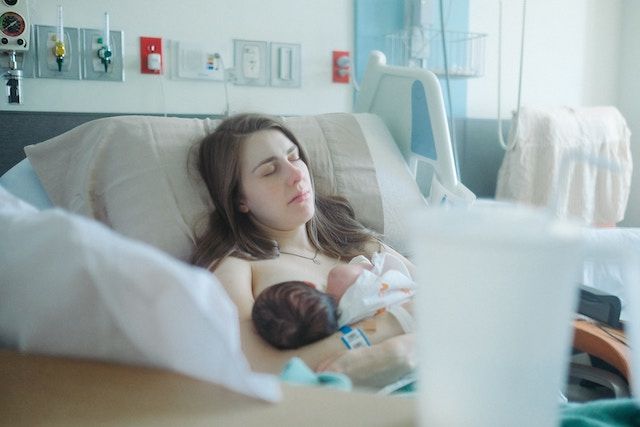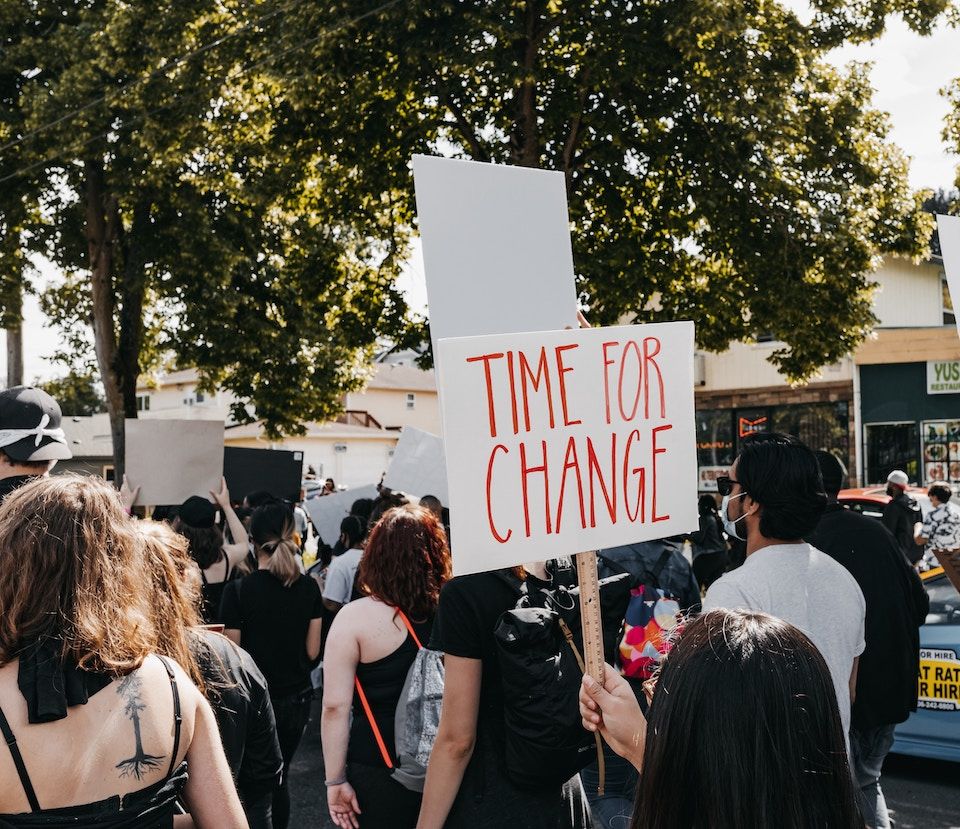Economic Concerns May Be Contributing to Falling US Birth Rate
Researchers suggests that economic uncertainty and concerns about the future may be causing young adults to delay starting a family.
The recent study by Ohio State University researchers Karen Benjamin Guzzo and Sarah R. Hayford suggests that the falling birth rate in America is not due to young people's lack of desire to have children. The researchers used data from the National Survey of Family Growth to study the average number of children that young Americans intend to have. The study found that the average number of children desired by women born between 1995 and 1999 was 2.1 when they were aged 20 to 24 years old. This is almost the same as the 2.2 children desired by women born between 1965 and 1969 in the same age range. The study results suggest that young people today don't think now is a good time for them to have children.
The study used data from the National Survey of Family Growth, which has been asking people about their childbearing goals and behaviors for several decades. The NSFG doesn’t interview the same people each time, but it allowed the researchers to track a group of people born around the same time – a cohort, as scientists call these groups – as they passed through their childbearing years.
 Photo by Jimmy Dean
Photo by Jimmy Dean
The researchers found that Americans have been pretty consistent with how many children they say they want to have from the 60s to the 2000s. Men generally say they want slightly fewer children than women do, but, like women, their preferred number of children hasn’t changed much. The percentage of people who said they don't plan to have any children has increased, from about 5-8% in the 1960s and 1970s to 8-16% in the 1990s and 2000s. But that alone can't explain the decline in the number of babies being born.
Hayford, a sociology professor at Ohio State and co-author of the study, suggests that people feel more worried about the future than they might have been several decades ago. They worry about the economy, child care, and whether they can afford to have children. It's hard to have children in the United States right now.
The researchers also found that people are reducing the number of children they say they intend to have as they get older. As they age, they may be realizing how hard it is to have kids and raise kids in the United States and they're saying they only want to have one child and don't want a second one. Additionally, would-be parents may have more difficulty conceiving as they get older.
The study suggests that larger economic and social forces are having an impact on birth rates. The birth rate declined significantly during the Great Recession that started in 2008, which is a typical response to an economic downturn. However, the birth rate continued to decline even after the recession was over. The COVID-19 pandemic served as another fertility shock, at least at first.
The research results imply that there is no need to pressure young people into wanting more kids. Instead, we need to make it easier for people to have the children they want to have. There are clear barriers to having children in the United States that revolve around economics, around child care, and around health insurance. If the United States can make it easier for people to have children, it may be possible to increase the birth rate in the country.
The study shows that the falling birth rate in America is not due to young people's lack of desire to have children. Instead, young people today don't think now is a good time for them to have children due to larger economic and social forces. The study suggests that there is no need to pressure young people into wanting more kids, but we need to make it easier for people to have the children they want to have.





